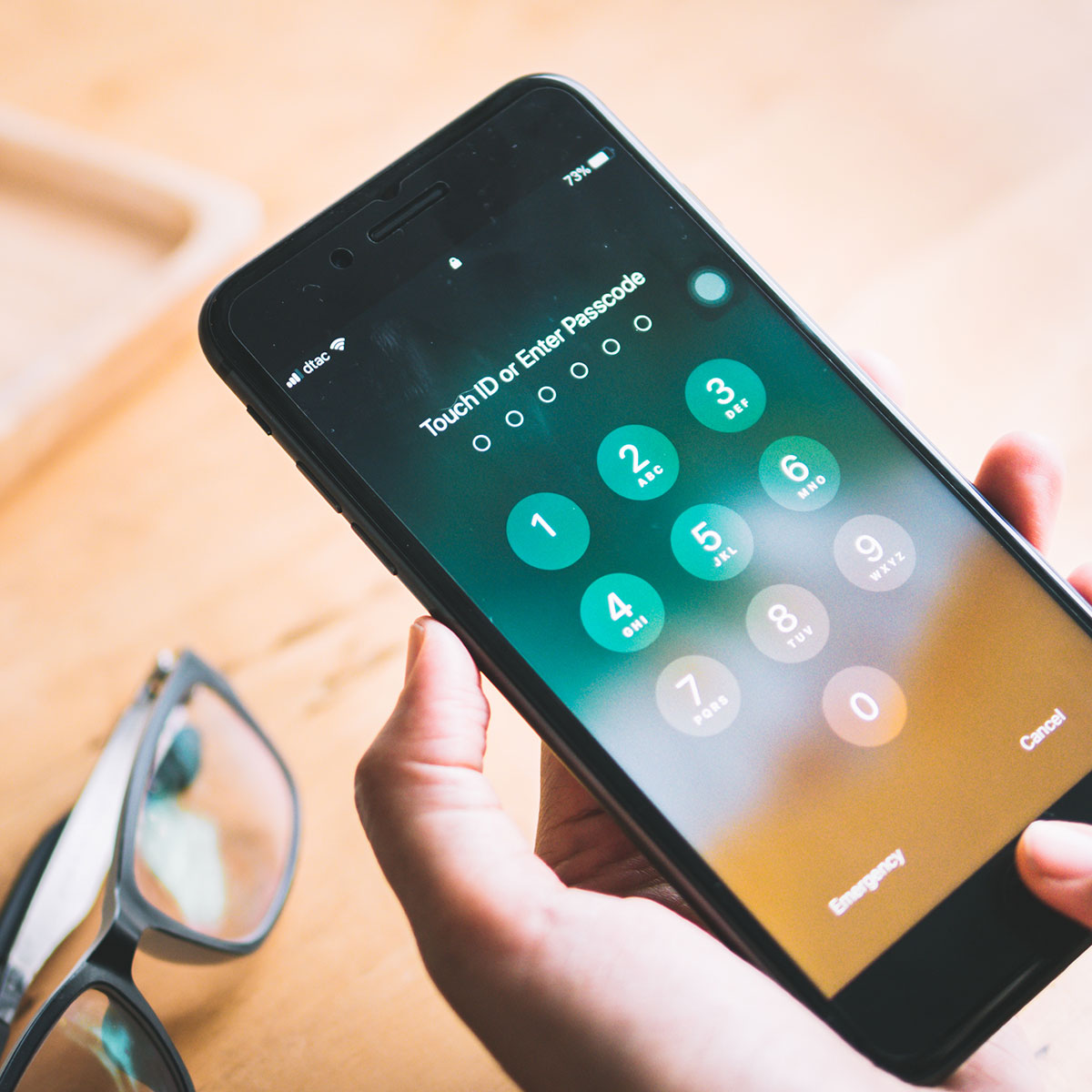No two smartphone users are exactly alike when it comes to the websites they frequent, the apps they download, or the way they use their phone to perform everyday tasks. But if there’s one thing all smartphone users share in common it’s this: avoiding hackers like the plague is a top concern. It may come as no surprise though that, despite this universal security breach fear, many of us aren’t taking the steps we can and should to stay protected. Avast’s Privacy and Security Advocate Emma McGowan says these are the top tips to follow in order to protect your phone from hackers:
Keep your phone up to date:
There’s a reason your phone keeps bugging you to update your software — doing so can keep you protected from security breaches, among other benefits. “Smartphones running on older software lack patches to security flaws which hackers regularly exploit,” McGowan said. “Updating your phone regularly will minimize your exposure to security threats.”
Download apps you trust:
It can seem like the world is your oyster where apps are concerned. But sometimes more isn’t always better. “There are thousands of suspicious and orphaned apps (those that haven’t been updated by their creators in at least two years) in app stores,” McGowan said. “Make sure you only download apps from trustworthy creators which have been updated within the past few months. Similarly, delete any unknown apps or those you don’t use.”
Don’t click on links or attachments in texts or emails from unknown senders:
“Phishing is a common tactic hackers use to trick users into downloading malware or handing over sensitive login credentials,” McGowan explained. “If you get a text from a number or email address you don’t recognize, wait! Cross-check the address or number with your saved contacts if the sender claims to be someone you know. If the text claims to be from an organization, such as your bank, check your account directly in your browser or app instead of clicking the link.”
Decline calls from unknown numbers:
Even answering a spam phone call may aid cybercriminals by showing them that your phone number is active, allowing them to target you with more scam calls and texts later, McGowan warns. All the more reason to ignore calls from numbers you don’t recognize.
Use public Wi-Fi mindfully:
“While public Wi-Fi is generally safe, it’s still wise to avoid connecting to unknown public networks when accessing sensitive information,” McGowan said.
Use strong passwords, and don’t reuse passwords:
Using strong passwords is good advice generally – not only to unlock your phone, but also for any accounts you may log onto your device, according to McGowan. “Strong passwords for your various accounts slow down cybercriminals if they have infiltrated your device, making it less likely they’ll be able to do damage before you notice them,” she said. “Having a hard-to-guess phone passcode will also keep strangers out of your device if you happen to leave it unattended by mistake.”
Protect your mobile devices:
“If you do accidentally click on a suspicious link, it’s imperative to make sure you’re covered beforehand,” McGowan said. “Many cybersecurity companies have mobile versions of their antivirus software which will keep your device protected.”
Click here to view original web page at www.shefinds.com








